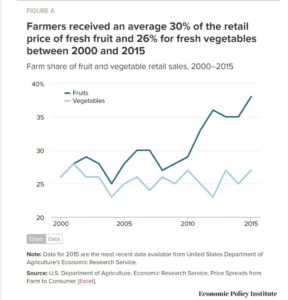The 2022 Globie: Money and Empire
by Joseph Joyce
Every year we name a book the “Globalization Book of the Year” (aka the “Globie”). The prize is (alas!) strictly honorific and does not come with a monetary award. But announcing the award gives me a chance to draw attention to a recent book—or books—that are particularly insightful about globalization. Previous winners are listed at the bottom of the column (also see here and here).
This year’s recipient is Money and Empire: Charles P. Kindleberger and the Dollar System by Perry Mehrling, Professor of International Political Economy at the Pardee School of Global Studies of Boston University. The book is an intellectual biography of Charles Kindleberger, who came to MIT in 1948 after having
Read More »
